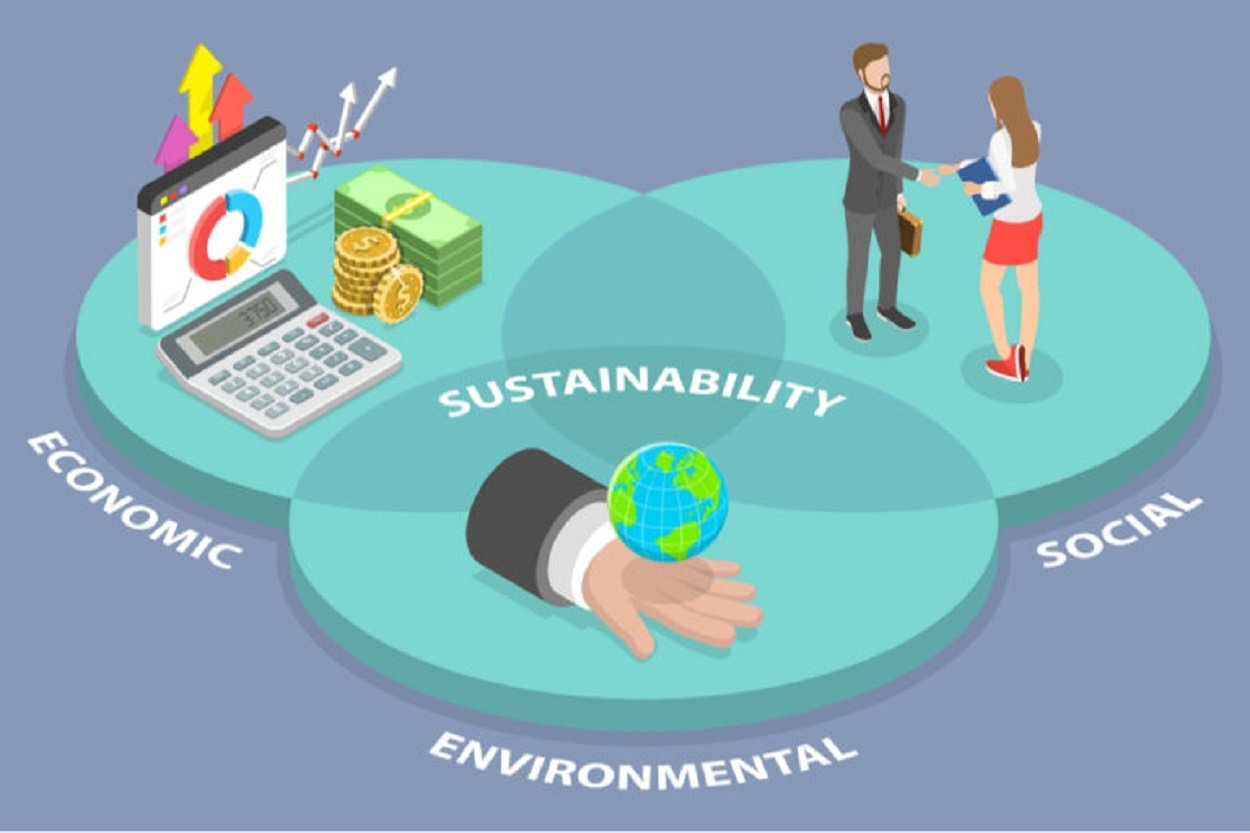In the dynamic landscape of entrepreneurship, sustainability has emerged as a key pillar for businesses aiming not just for profitability but also for longevity and positive impact. Dr. Bilal Ahmad Bhat, the esteemed Founder & CEO of BAB Group Of Companies, delves into the intricacies of sustainability in entrepreneurship and shares insights on how businesses can cultivate sustainability to thrive in the long run.
What is Sustainability in Entrepreneurship?
Sustainability in entrepreneurship encompasses a holistic approach to business that considers environmental, social, and economic factors. It’s about creating value not just for shareholders but also for stakeholders, including employees, communities, and the planet. Sustainable entrepreneurship involves practices that are ethical, responsible, and geared towards long-term viability.
Keys to Sustaining in Business:
- Purpose-Driven Business: A clear sense of purpose goes a long way in sustaining a business. Dr. Bilal Ahmad Bhat emphasizes the importance of aligning business goals with a higher purpose or mission that adds value to society and resonates with stakeholders.
- Innovation and Adaptability: Sustainable businesses are agile and innovative, constantly adapting to changing market dynamics, consumer preferences, and technological advancements. Embracing innovation fosters resilience and competitive advantage.
- Ethical Practices: Upholding ethical standards in business operations, from supply chain management to customer interactions, builds trust, enhances reputation, and fosters long-term relationships with stakeholders.
- Environmental Responsibility: Environmental sustainability is a cornerstone of sustainable entrepreneurship. Businesses can reduce their ecological footprint by adopting eco-friendly practices, embracing renewable energy, and minimizing waste and pollution.
- Social Impact: Making a positive social impact is integral to sustainability. This can include supporting local communities, promoting diversity and inclusion, and contributing to social causes aligned with the business’s values.
Becoming a Sustainable Company:
Dr. Bilal Ahmad Bhat outlines key steps for businesses to become sustainable companies:
- Set Clear Sustainability Goals: Define measurable and actionable sustainability goals aligned with your business’s values and vision.
- Integrate Sustainability into Strategy: Embed sustainability into your business strategy, decision-making processes, and day-to-day operations.
- Engage Stakeholders: Involve employees, customers, suppliers, and communities in sustainability initiatives. Foster collaboration and transparency.
- Monitor and Measure Impact: Implement systems to track and measure the environmental, social, and economic impact of your business practices.
- Continuous Improvement: Embrace a culture of continuous improvement, innovation, and learning. Regularly review and update sustainability strategies based on feedback and outcomes.
Dr. Bilal Ahmad Bhat’s Insights on Sustainability:
As a leader in the business world, Dr. Bilal Ahmad Bhat emphasizes the transformative power of sustainability in entrepreneurship. He believes that sustainable companies not only thrive financially but also contribute positively to society and the planet. By adopting sustainable practices, businesses can navigate challenges, seize opportunities, and create a brighter, more resilient future for generations to come.




